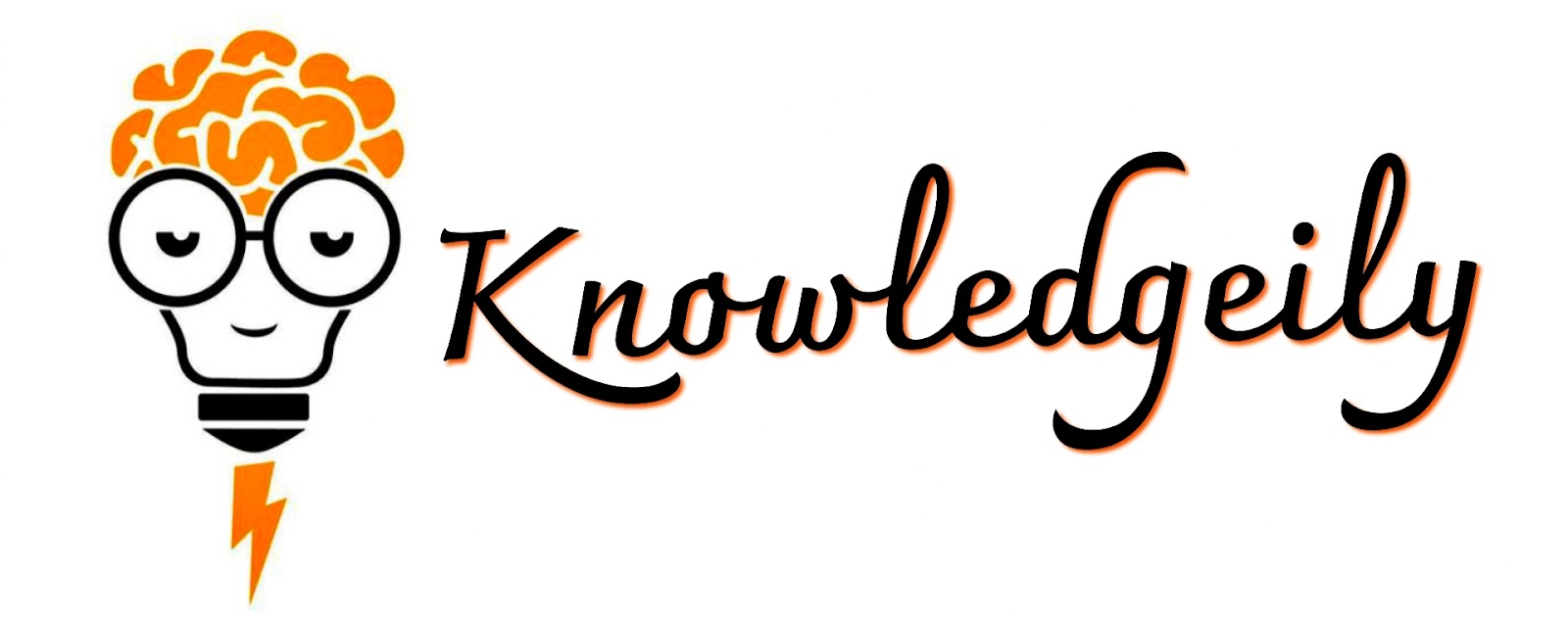Japan Building Its Own AI Chatbots to Suit Local Language and Culture
The Japanese
government and major technology companies like NEC, Fujitsu, and SoftBank are
investing heavily in creating their own AI chatbots, akin to the famous ChatGPT
developed by OpenAI. While ChatGPT impressed the world with its conversational
abilities, there are concerns in Japan that AI systems trained on foreign data
might struggle to understand the intricacies of the Japanese language and
culture.
Japanese is a
unique language with a complex writing system that includes thousands of
characters, and its sentence structure is very different from English. AI
systems trained in English often have to translate queries into English, find
answers, and then translate them back into Japanese, leading to errors and
misunderstandings.
Moreover,
cultural nuances are essential for a chatbot to be truly useful in a specific
context. For instance, a chatbot generating a job application email in Japanese
might miss out on crucial expressions of politeness, making it look like a mere
translation from English.
Recognizing
these limitations, the Japanese government and researchers are investing in
creating AI chatbots tailored to the Japanese language and culture. These AI
models aim to understand and reflect not only the language but also the customs
and norms, making them more valuable in Japanese society.
Subscribe our WhatsApp channel Click
to join
Also Read:
Raja
Koduri's Mihira AI Journey To Unite Semiconductors And Artificial Intelligence
For India
While
Japanese AI chatbots have made progress, they are currently lagging behind
models like GPT-4, which excel in English but fall short in Japanese due to the
complexity of the language. However, with substantial investments and the use
of powerful supercomputers, Japanese researchers hope to close the gap and
create AI chatbots that are not just linguistically accurate but culturally
sensitive.
The goal is
to accelerate research, promote learning Japanese, and facilitate international
collaborations by providing precise and culturally attuned AI chatbots. As
Japan continues to innovate in the AI space, these chatbots could become
invaluable tools for various industries, from academia to business.
So, while
ChatGPT may have sparked a global fascination with AI chatbots, Japan is
determined to develop its own versions that can bridge the linguistic and
cultural gaps, making them more than just conversation starters but effective
tools in diverse real-world scenarios.
Exciting news! Knowledgeily
is now on WhatsApp Channels Subscribe today by clicking the link and stay
updated with the latest Blogs! Click here!
Read Now: TIME
Magazine's Inaugural TIME100 AI List: Recognizing The Pioneers Of Artificial
Intelligence










Post a Comment